The Karate Kid: JDS style
October 27, 2015
One last kick, a shattered board and then the only sound that can be heard is applause. As the audience jumps to their feet to join the crowd clustered at the front of the gym, freshman Josh Pizer lowers his arms to his sides, and with a determined look on his face, bows to his audience, signaling the end of his Kabbalat Shabbat performance.
Pizer first started studying karate at the Kicks Karate studio in Potomac the day before he started second grade. Originally, the classes were meant to build his strength and teach him to defend himself. After just his first practice, Pizer was hooked.
As time went on, karate began to serve a purpose in Pizer’s life that went beyond simple exercise. Pizer’s true devotion to karate was born out of a difficult time in his life; in fourth grade, he was diagnosed with Asperger’s Syndrome.
“Kids were really nasty to me. They didn’t like me,” Pizer said. “I was just the weird, different, odd kid.”
This unkindness affected Pizer’s usually happy attitude. According to Pizer, he “used to be a sad kid” with “no confidence.” To deal with this, he turned to his mother for help.
“My mom told me, ‘Josh put all your anger towards these kids, and frustrations and sadness into your karate,’” Pizer said. “‘Put all your energy that you have, being angry, in[to] your karate,’”
Those words changed Pizer’s life. Karate gave Pizer confidence and the courage to stand up for himself.
“When someone’s being mean to me, instead of backing away, I’ll say, ‘Stop, leave me alone,’” Pizer said.
According to Pizer, karate has given him the “confidence to speak up in front of people.”
The change was visible to everyone around him, including his instructor Daniel Beckford, who has been Pizer’s coach since the beginning of his karate career. Beckford said that Pizer has “soaked in the life skills” taught by karate, and has applied them to his personal experiences.
The respect from his instructors, and the “incredible” response to his Kabbalat Shabbat performance from the JDS community, made Pizer “feel really good” and supported. And while these positive responses boost Pizer’s self-confidence, his performances are not stress-free.
“I’m a very anxious person,” Pizer said. “When Mr. Daniel was doing the wave, you could see in my eyes … I was filled with fear.”
However, once he starts performing, adrenaline overtakes the fear, and the only thing that can be seen on Pizer’s face is a huge smile.
“You’re just thinking about: ‘what do I have to do next, how can I make this the best technique or the best kick or the best block or the best stance that I can?’” Pizer said.
Pizer’s success in karate has not come without determination and hard work. Pizer practices every day at home, and goes to the studio as many as five days each week. Beckford referred to Pizer as a “top notch” student who is consistently “on a quest to be his best.”
With more than seven years of experience under his (black) belt, Pizer is currently working as a junior instructor at the same studio where he trains.
Pizer’s responsibility as a junior instructor includes giving the head instructors a hand by holding up targets for students to strike at. To Pizer, it is “an amazing job.”
For him, karate is not just a sport, but a life long passion, and what started out as a class to get exercise, is now a second home.
“Kicks Karate, I call [that] my happy place,” Pizer said.
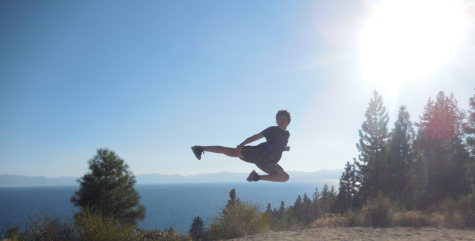
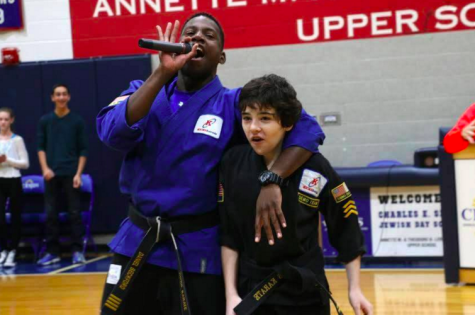
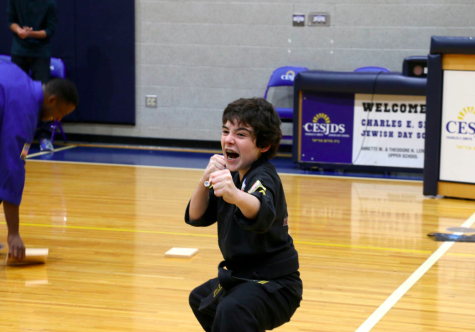


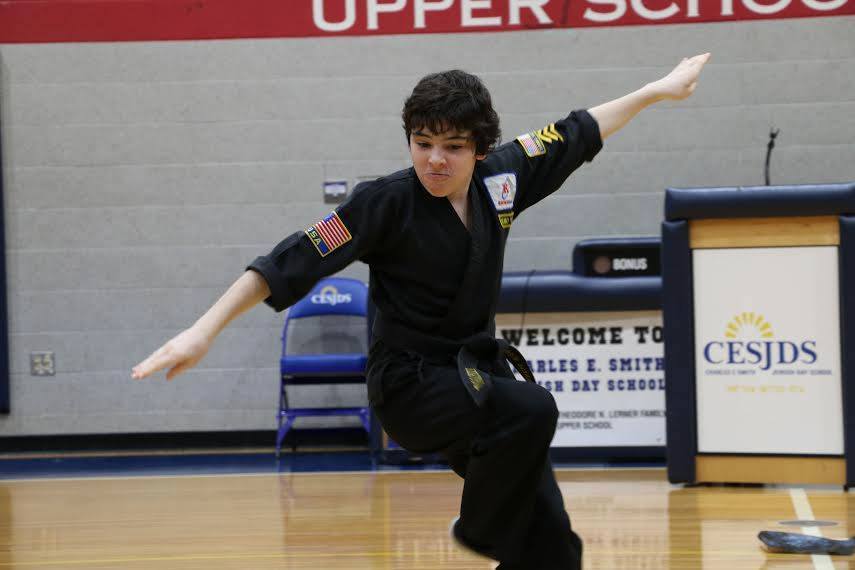
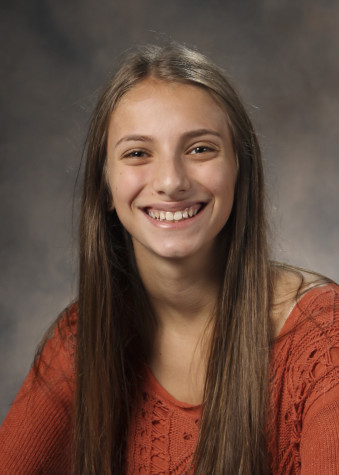
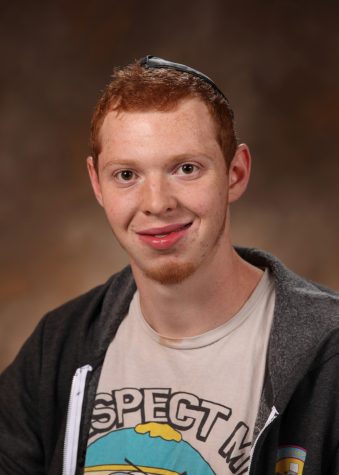





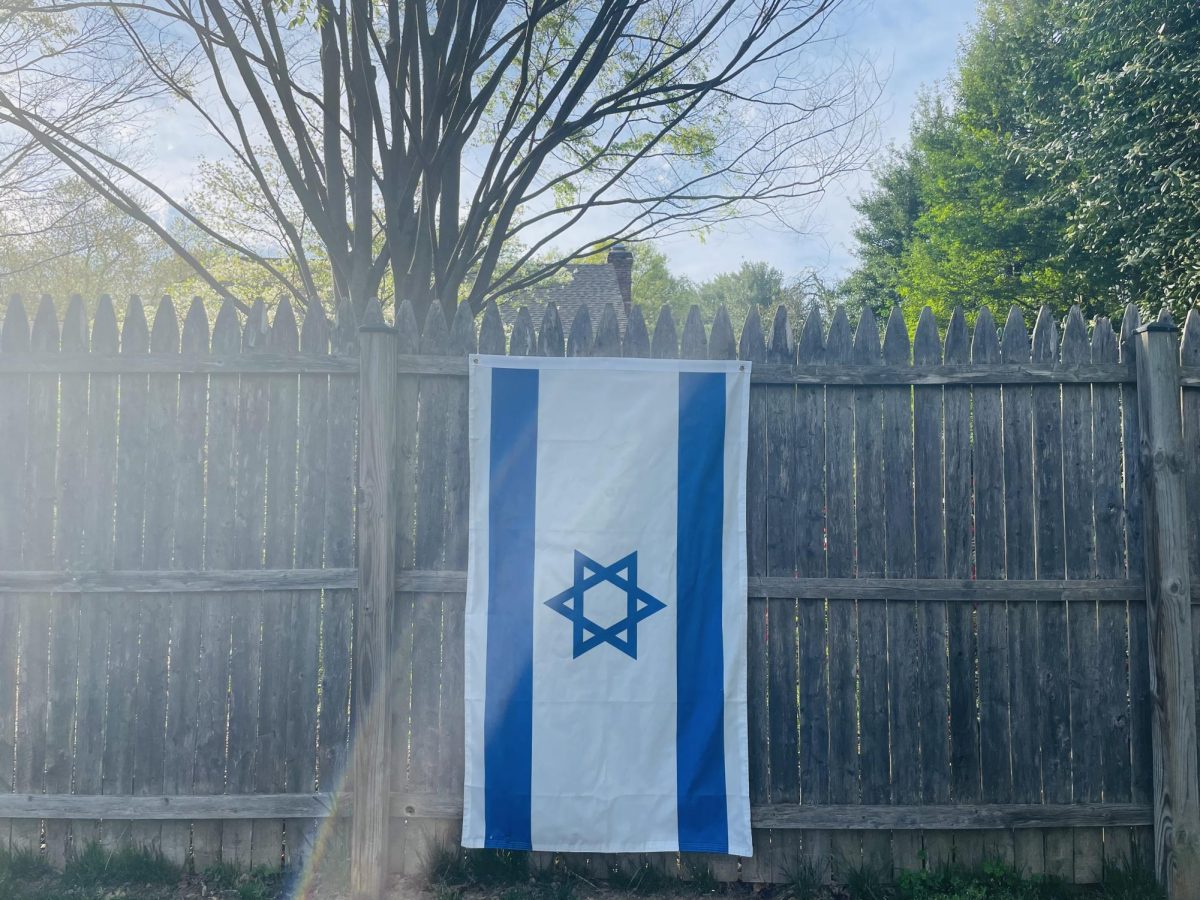
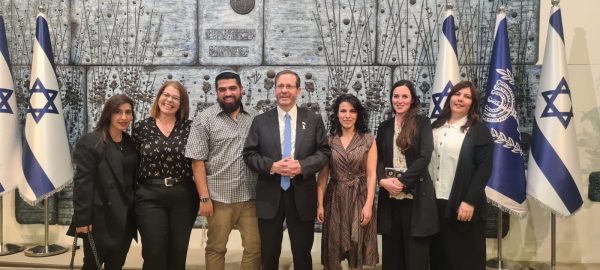

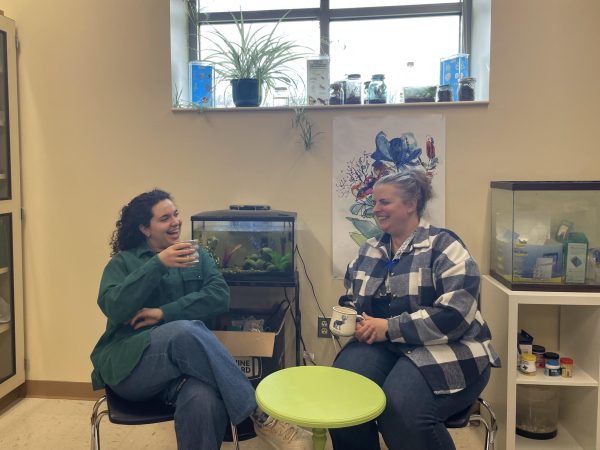
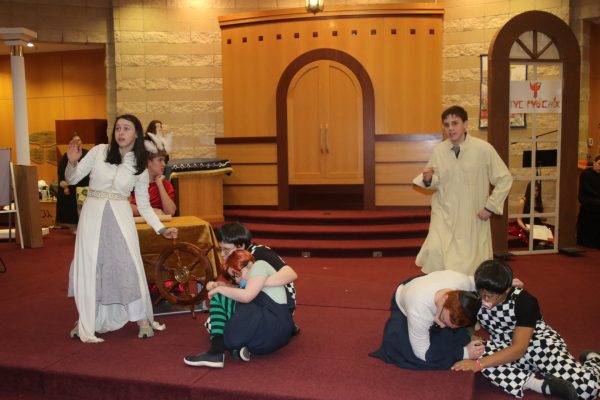
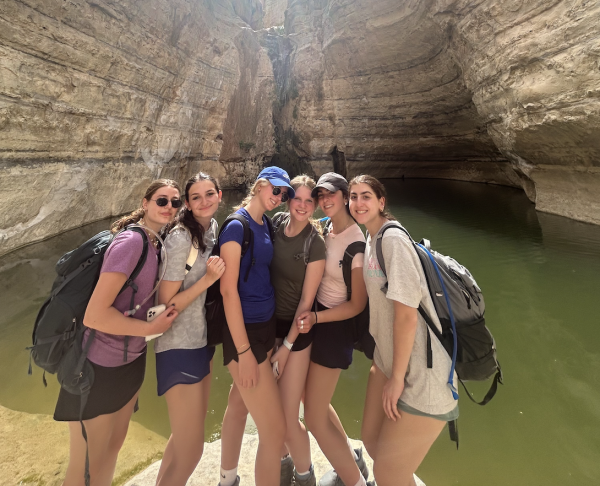
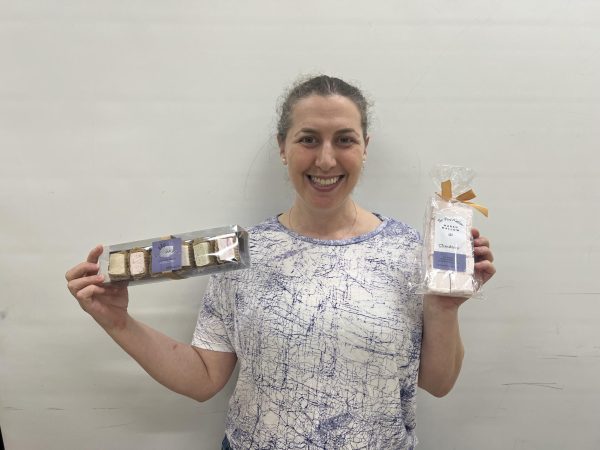


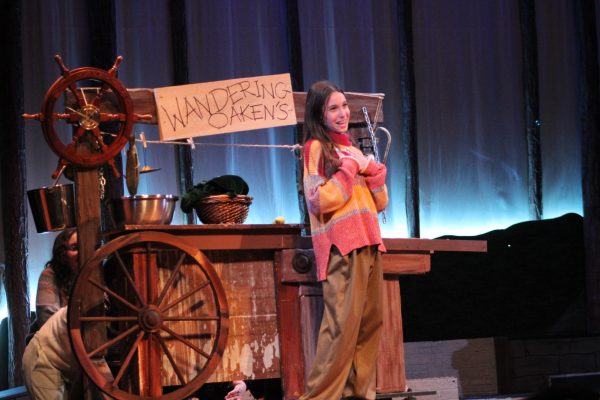
Alison Dorsky • Oct 27, 2015 at 9:47 pm
This is so awesome! Both of my boys did Karate with Mr. Daniel for years and we loved him. They transferred to a different location but we never forgot Mr. Daniel and his beautiful spirit. My son, Ben Robinson, told me about this and we were both so happy for Josh. Thanks for sharing.